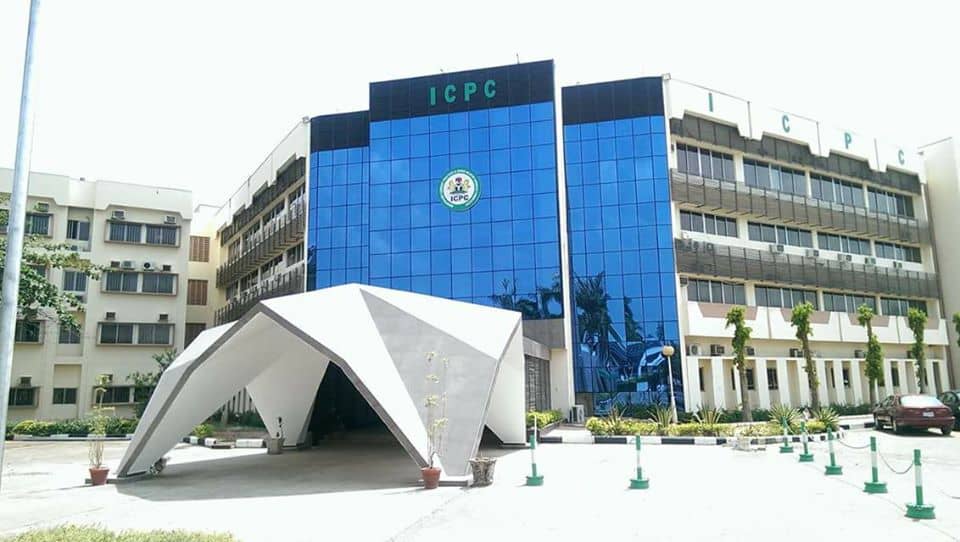The Independent Corrupt Practices and Other Related Offences Commission (ICPC) has partnered with the Rule of Law and Anti-Corruption Programme (RoLAC) to strengthen the capacity of its officers through a training exercise focused on the timely and accurate collection of data to enhance data-driven institutional performance.
A two-day capacity-building workshop, funded by the European Union, was recently held in Abuja. The programme focused on implementing the Commission’s Strategic Action Plan (SAP), Key Performance Indicators (KPIs), as well as data collection and reporting templates designed to support the accurate documentation of departmental activities.
Declaring the event open, the Chairman of the ICPC, Dr. Musa Adamu Aliyu, SAN, who was represented by the Director of Planning, Research, and Statistics, Mr. Oche A. Godwin, emphasized the growing importance of data in modern governance. He described data as the foundation upon which informed decisions are made, policies are formulated, and accountability is sustained.
According to him, the ICPC, being a lead institution in promoting integrity and combating corruption, must possess the capacity to collect, manage, analyze, and evaluate data effectively. He described this capacity not merely as a technical requirement but as a “strategic imperative” for the Commission’s mission.
Dr. Aliyu noted that the training was structured to equip participants with the tools and methodologies required to enhance operational efficiency, strengthen transparency, and improve the Commission’s overall impact, particularly in areas such as tracking investigative progress, assessing the effectiveness of preventive initiatives, and reporting institutional performance through robust data management and monitoring and evaluation systems.
In the first technical session, Mr. Oche A. Godwin delivered a presentation on the ICPC Strategic Action Plan (2024–2028). He highlighted key areas such as planning, risk assessment, resource optimization, and adaptive strategies in a dynamic operating environment.
He further explained that the value of any plan is realized only through implementation and that effective planning must remain flexible while clarifying both short and long-term goals.
The second technical paper, titled Practicalizing the Annual Work Plan was delivered by Mr. Hilary Zira.
He provided participants with practical guidance on how the Annual Work Plan aligns with SAP implementation, stressing its importance in ensuring that departmental activities contribute meaningfully to institutional objectives and measurable outcomes.
The workshop also featured a practical session during which participants applied the concepts and tools learned, including data entry, reporting templates, and KPI measurement.
The hands-on component ensured that officers not only understood the theoretical framework but could also translate it into accurate and standardized documentation practices across the Commission.
Also speaking, the Component Lead of RoLAC, Dr. Emmanuel Uche, underscored the importance of proper documentation as a critical tool for accountability, institutional learning, and performance measurement.






